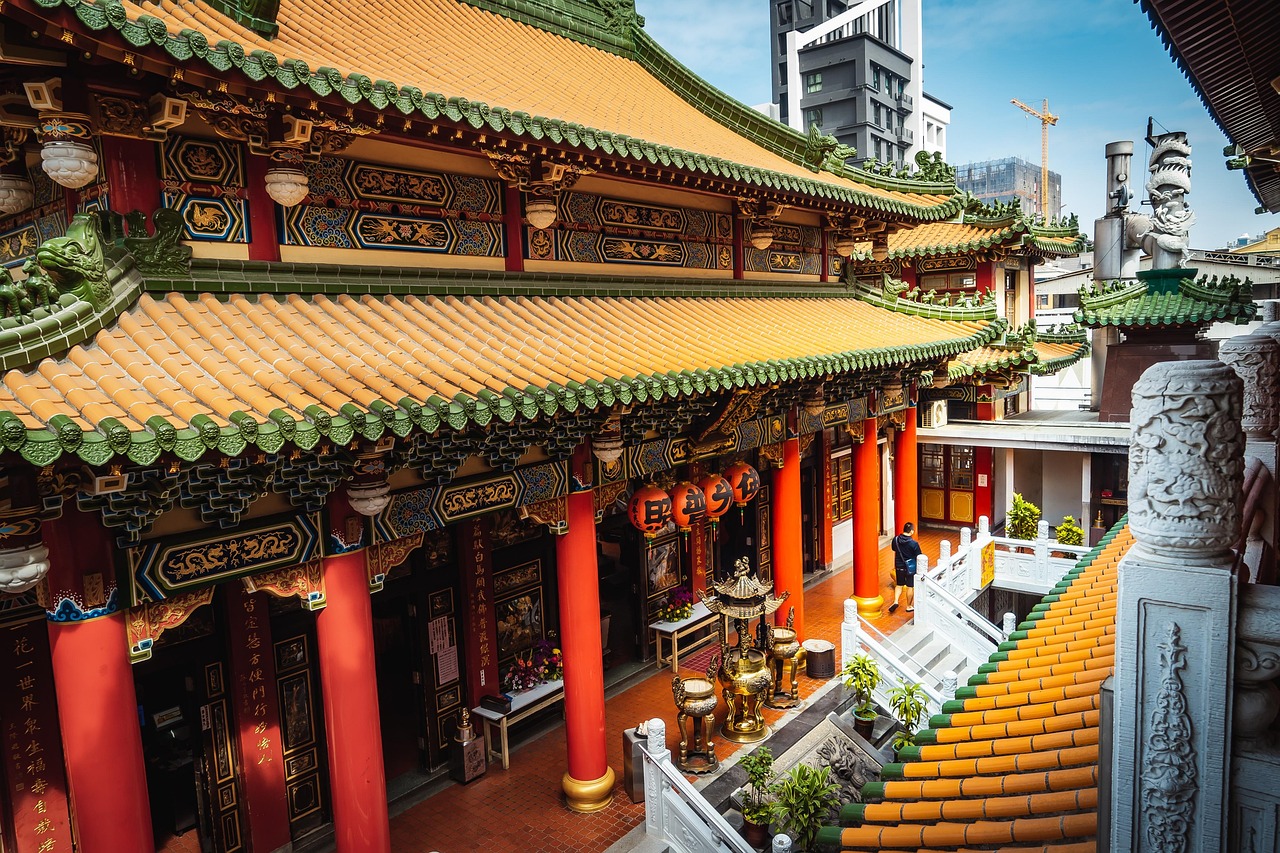The Double-Edged Experience of Living in Asia
China’s booming economy and global influence have attracted people from all over the world, including thousands of Africans seeking business opportunities, education, and a new life. But behind the skyscrapers and bustling markets lies a complex reality, one where African expats often face racial stereotypes, systemic barriers, and cultural misunderstandings.
For many Africans in China, daily life is a balancing act between opportunity and discrimination. Some thrive as entrepreneurs, students, or cultural ambassadors, while others struggle with isolation, profiling, and even outright racism. We want to explore the highs and lows of being African in China, offering real-life insights, challenges, and survival tips for those navigating this unique experience.
Living as an African in China or other parts of Asia can be a complex experience, shaped by both positive and challenging realities. Here are some key aspects of the “hard reality” many Africans face in these regions:
1. Racial Discrimination & Stereotypes
- Stereotyping & Prejudice: Many Africans report being subjected to stereotypes, being seen as poor, dangerous, or exotic. Some locals may stare, take photos without consent, or make offensive comments.
- “Foreigner” vs. “African” Hierarchy: In some Asian societies, there’s a racial hierarchy where white foreigners are often treated better than Black Africans.
- Media Influence: Negative portrayals of Africa in local media (e.g., poverty, disease) can shape perceptions, leading to bias
- Assumptions about poverty: Many Chinese people associate Africa solely with war, famine, and wildlife, thanks to skewed media portrayals.
2. The Visa Struggle: Workplace & Economic Challenges
- Job Discrimination: Africans often face barriers in securing well-paying jobs outside of teaching English, sports, or informal trade.
- Exploitation in Business: Some African traders in places like Guangzhou face sudden policy changes or unfair treatment by authorities.
- Visa Issues: Strict visa policies make long-term stability difficult, with frequent checks and deportations in some cases.
- Sudden policy changes affecting business and residency.
- Targeted document checks, especially in cities like Guangzhou.
- Difficulty securing work visas, pushing many into informal jobs.
Case in point: *In 2020, during COVID-19, African traders in Guangzhou faced mass evictions and forced quarantines, sparking outrage over racial discrimination.* China’s strict visa policies make long-term stability difficult. Africans frequently report:
3. Business Hustles & Hidden Barriers
Despite challenges, many Africans build successful ventures in China, particularly in:
- Import-export trade (Guangzhou’s “Little Africa” is a hub for African merchants).
- Modeling and entertainment (some find work in TV, sports, or fashion).
- English teaching (though opportunities are shrinking due to policy changes and the migration of Native English-speaking teachers from America, Canada, Australia, and Britain).
But obstacles remain:
- Banking restrictions making transactions difficult.
- Language barriers complicating negotiations.
4. Social Isolation & Cultural Barriers
- Language Barriers: Without fluency in Mandarin or local languages, daily life (housing, healthcare, legal issues) becomes harder.
- Limited Community Support: Smaller African communities (compared to Europe/US) mean fewer support networks.
- Dating & Relationships: Interracial dating can be stigmatized, with some families opposing relationships with Africans.
4. Police Profiling & Legal Vulnerability
- Targeted Policing: Africans in cities like Guangzhou have reported frequent document checks, raids, and detentions.
- Lack of Legal Protection: Some fear reporting crimes or discrimination due to distrust in authorities or fear of retaliation.
5. Housing Discrimination
- Refusal of Rentals: Some landlords reject Africans based on stereotypes about “noise” or “dirt.”
- Higher Deposits: Africans may be asked for larger security deposits than other foreigners.
6. Health & Daily Life Struggles
- Access to Hair/Skin Products: Finding hair salons or skincare products for Black hair/skin can be difficult.
- Medical Bias: Some Africans report doctors being unfamiliar with treating darker skin (e.g., diagnosing rashes).
7. COVID-19 & Increased Xenophobia
- During the pandemic, Africans in Guangzhou faced forced evictions, quarantine targeting, and blame for virus spread.
But It’s Not All Negative…
Despite hardships, many Africans in China are carving out success by:
✅ Building strong expat networks for business and emotional support.
✅ Educating locals through cultural exchange events.
✅ Leveraging social media to amplify their voices and call out racism.
Success story: A Ghanaian entrepreneur in Yiwu built a thriving export business by partnering with trusted Chinese suppliers, proving resilience pays off.
How to Cope?
- Find Community: Connect with African expat groups for support.
- Learn the Language: Helps in navigating daily life and reducing misunderstandings.
- Know Your Rights: Document incidents and seek help from embassies/NGOs when needed.
Conclusion: Navigating the Complexities of Life in China
Living in China as an African comes with unique challenges, racial bias, visa hurdles, and cultural misunderstandings. Yet, many still find ways to prosper through community, adaptability, and sheer determination.
What’s your experience? Have you lived in China or another Asian country as an African? Share your story in the comments below! Don’t forget to follow us on Facebook, Instagram, X, for more discussions on the African diaspora experience.

